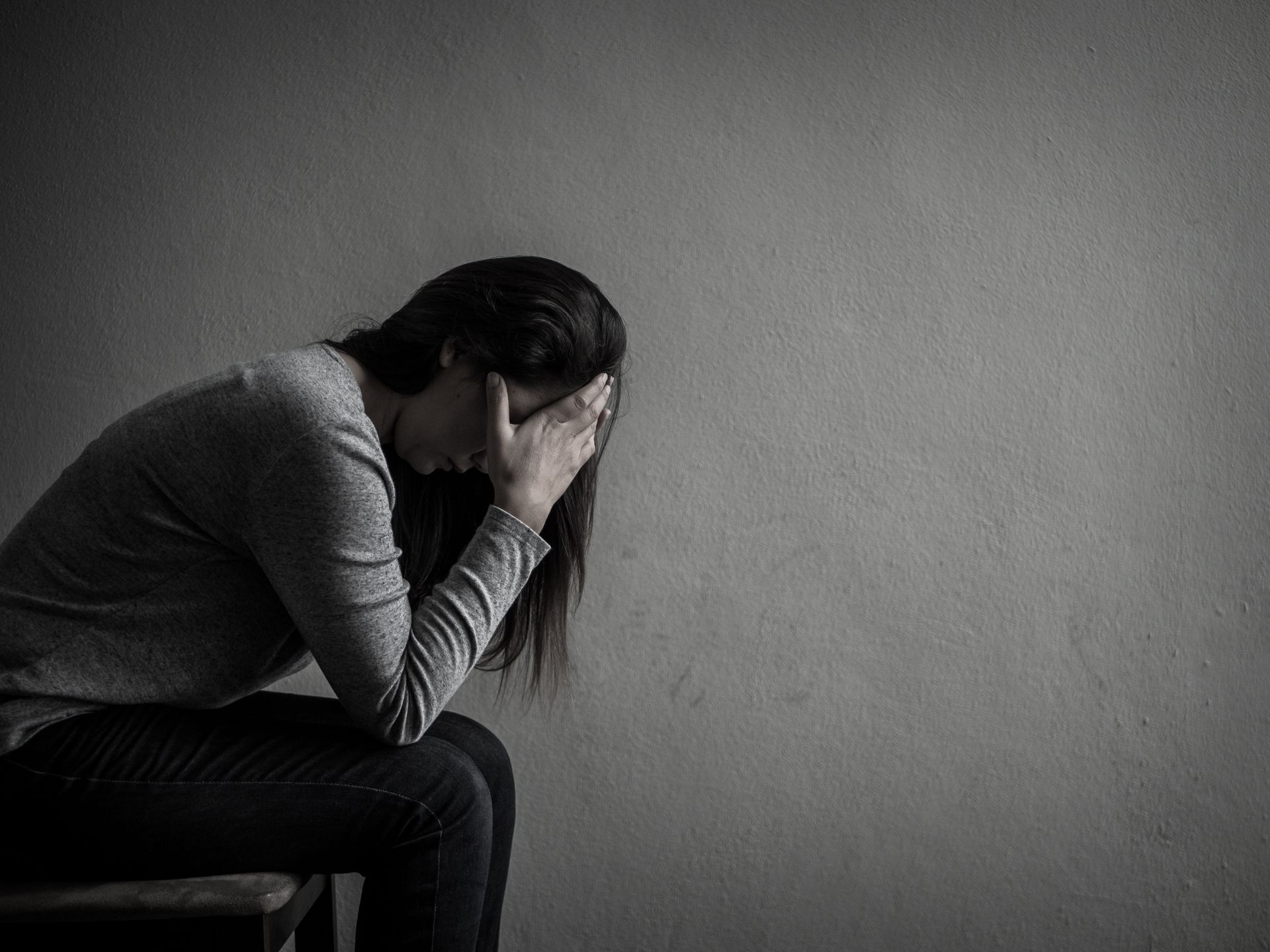How Community-Based Healing Can Help Process Grief and Loss: A Q&A With Thrive Wellness Reno Therapist Megan Meaney, LCSW

Sharing one’s struggle, especially concerning grief and loss, with others who are facing similar situations can help facilitate understanding, acceptance, and recovery, a concept known as community-based healing. Discover the power of community-based healing in this enlightening Q&A with Thrive Wellness Reno therapist and perinatal loss specialist, Megan Meaney, LCSW.
What is community-based healing?
Community-based healing describes the coming together of individuals experiencing alike circumstances within an environment of belonging and support.
Why is community-based healing beneficial, especially for processing a loss?
As a therapist who specializes in helping parents process perinatal loss, my clients often share that they’ve experienced judgment when discussing their loss with others. As a result, although a person may desire to talk about their child who has passed, they refrain from doing so. Community-based healing offers a safe, welcoming space for individuals to talk about their pain, grief, and loss. Within an empathetic group of individuals facing comparable situations, those experiencing difficulties can heal according to their unique timeline.
How can community-based healing help a person through a loss?
Talking about the loss of a loved one can be a crucial element of healthy grieving. Without processing one’s experience of loss, a person’s pain can fester and intensify over the years. Joining a group with individuals who have faced similar losses can provide a person with the opportunity to understand, accept, and cope with their grief. Although sharing one’s story of loss is generally painful, incredible healing can take place when surrounded by supportive individuals.
You mentioned that grieving individuals are frequently met with judgment. How can friends and family support a grieving loved one?
When a grieving person can speak about their loss with a loved one, profound healing can occur. Openly listening to your loved one’s loss experience when they’re ready to share can help them process their grief. Although you may not be able to understand the pain your loved one is experiencing, your openness, support, and love can comfort them.
Related: Grieving During the Holiday Season: Ways to Honor Your Loss and Support Loved Ones in Mourning
How does Thrive Wellness integrate community-based healing into its programming?
Thrive Wellness offers different community groups for individuals seeking support during difficult times. One such group is dedicated to those who have experienced a perinatal loss . All of Thrive Wellness’ integrated health services emphasize and involve community connection for deep-rooted healing and lasting recovery. We invite individuals to “come as they are,” and in turn, our specialists meet them there, especially when they’re dealing with a loss. To learn more about our mental, behavioral, and physical health services reach out .
While all Thrive Wellness locations offer interdisciplinary clinical teams who collaborate to treat eating disorders, perinatal mood and anxiety disorders (PMADs), and additional mental and behavioral health conditions, programs and services may vary by location.
About the Contributor
Thrive Wellness Reno Therapist Megan Meaney, LCSW
Megan Meaney earned both a bachelor’s degree in social work (BSW) and a master’s degree in social work (MSW) at Roberts Wesleyan College in New York. Throughout her career, she has worked in a variety of clinical and educational settings specializing in treating children and teenagers. As a therapist at Thrive Wellness Reno, she provides play therapy and outpatient therapy for children and adults dealing with obsessive-compulsive disorder (OCD), perinatal mood and anxiety disorders (PMADs), and perinatal loss and grief, among other mental and behavioral struggles.
Megan loves the career path she’s chosen as she finds fulfillment in fostering healing in a safe and supportive environment. She believes we aren’t meant to move through our lives alone and enjoys lifting others up as she actively listens to what clients are going through and provides an outside perspective on how to process their experiences and emotions.
When she’s not working one-on-one with clients, Megan enjoys spending time with her family and friends while exchanging stories and experiences. She’s also an avid fan of four-legged friends – especially dogs.








